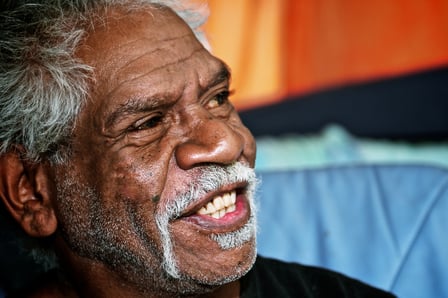This year, CASPA launched our new therapeutic framework: Relationships to Recovery. This framework is our commitment to providing healing-based care in collaboration with children, young people, families, communities, and researchers.
This model is designed to provide the best care for children and young people, built on solid research and evidence. It was developed by analysing existing therapeutic care models and focuses on healing and post-traumatic growth, with clear, measurable outcomes.
The framework is based on trauma-informed practice and key theories, like Attachment Theory and the Neurosequential Model of Therapeutics, which help us understand the impact of trauma on development. We’ve also included research from experts like Bessel van der Kolk to ensure it’s grounded in the latest knowledge.
The principles of safety, choice, collaboration, trust, and empowerment form the foundation of Relationships to Recovery. We’ve expanded safety to include cultural, emotional, and environmental aspects, with cultural safety as a priority. This ensures our practice acknowledges cultural and linguistic diversity.
Our framework aligns with the 10 Essential Elements of Care from the Australian Childhood Foundation and the QLD Hope and Healing Framework. We’ve streamlined these into nine elements that fit within CASPA’s existing procedures, ensuring consistent delivery of care across different regions


.png?width=448&name=Untitled%20design%20(20).png)
-1.png?width=448&name=Untitled%20design%20(13)-1.png)

.png?width=448&name=Untitled%20design%20(20).png)
-1.png?width=448&name=Untitled%20design%20(13)-1.png)
